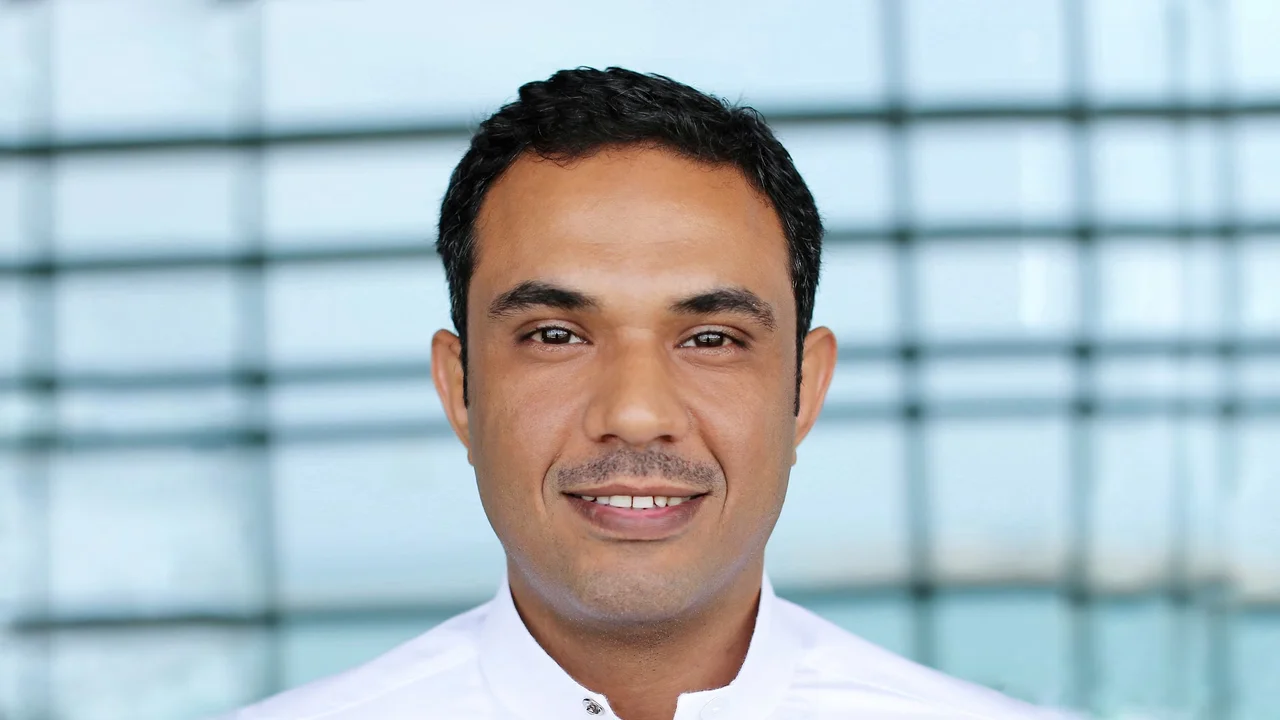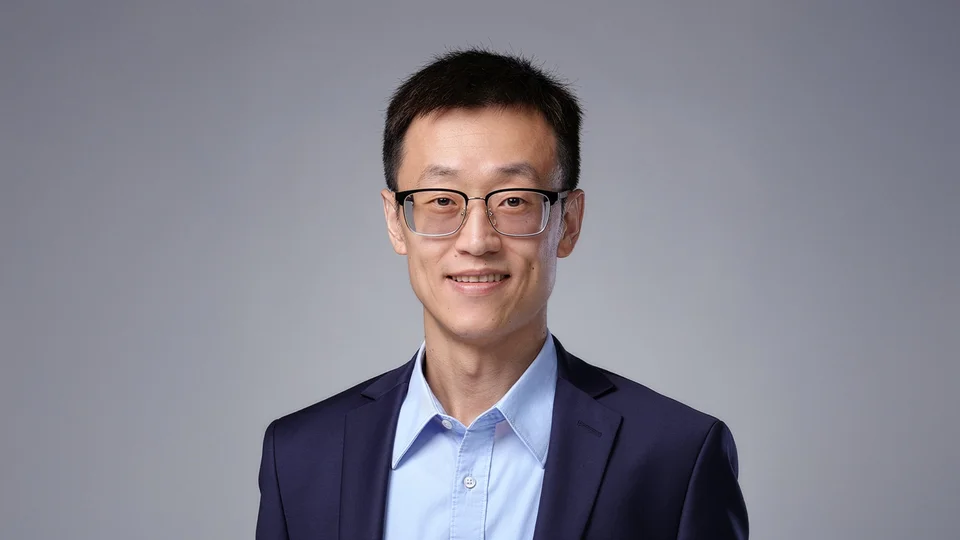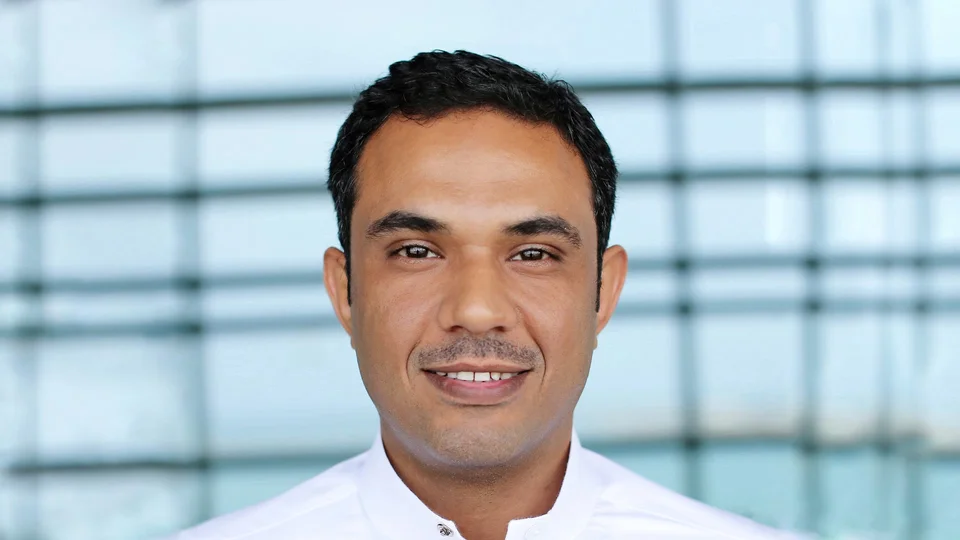
Alumni Feature: Majed Alzahrani
Working in one of the largest companies in the world is a dream come true for many. For Majed Alzahrani, a former Ph.D. student who worked under the supervision of Associate Professor Xin Gao, things couldn't be better. After graduating in 2017, he quickly joined Saudi Aramco as a data scientist in its Drilling Data Science unit.
About
By Rose Gregorio
Working in one of the largest companies in the world is a dream come true for many. For Majed Alzahrani, a former Ph.D. student who worked under the supervision of Associate Professor Xin Gao, things couldn't be better. After graduating in 2017, he quickly joined Saudi Aramco as a data scientist in its Drilling Data Science unit.
"Our main duties involve analyzing oil and gas drilling data and trying to find hidden patterns and insights in data which can help field engineers to have a further optimized operation," he said.
Majed believes that working on various data driven projects during his Ph.D. had prepared him for his current position.
"The knowledge and experience I gained at KAUST were very relevant to my work. Moreover, they are key drivers for my success in many accomplishments that I had recently," he shared.
A recent accomplishment that Majed is particularly proud of is a software he developed called Saudi Aramco Intelligent Rig Optimizer (SAIRO). This end-to-end solution starts by processing raw sensors data, then it generates and calculates different measurements and KPIs, which are visualized using some charting tools. SAIRO could potentially help Saudi Aramco save a lot of money by optimizing extremely expensive drilling operations. This software has been presented in several conferences and was well received by fellow scientists and engineers.
Besides the lifelong friendships he gained while at KAUST, Majed has also kept touch with Professor Gao to discuss current and future research collaborations. Back in March, he flew in from Dammam to attend the Computational and Statistical Interface to Big Data conference chaired by Professor Gao.
Structural and Functional Bioinformatics Group reunion at the Computational and Statistical Interface to Big Data conference : (L-R) Abdullah Khamis, Xin Gao, Majed Alzahrani, Xuefeng Cui
When asked how others could achieve the same success in their careers, Majed shared that it is very important to have broad knowledge in math, statistics, biology and computer science. He thinks that people should read more.
"The easiest way to have [knowledge] is by reading top quality research topics and scientific papers in these fields. There is no limit to that, the more someone reads the more knowledge and idea he or she can have," he said.

